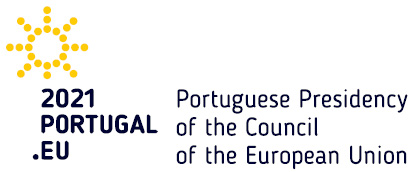Since 2000 until today, the European Union has donated Serbia nearly €3 billion of assistance in all areas – from…
Browsing: EU and Serbia At Work
Local governments all over Serbia have a significant role to play in the ongoing country’s reforms and shaping of Serbia’s future. Being the closest to the citizens, they are at the very heart of democracy. Reforms made on the local level can be felt directly by the citizens and therefore, accountability in a decentralized manner towards them is crucial. Local governments are responsible for provision of many vital services for citizens and they are responsible for a huge share of investments in infrastructure and local utilities.
The EU has been providing long term support to Border Police Directorate of the Ministry of Interior which helped Serbia to both enhance its security and provide its citizens visa free regime of traveling across Europe. Since 2001, more than €45.5 million has been allocated to the sector. This assistance resulted in numerous improvements, among which the most important is visa free regime liberalisation for Serbian citizens in the Schengen zone.
Rule of law is a fundamental value on which the EU is founded. According to the criteria set out in the accession process, countries aspiring to join the EU need to establish and promote from an early stage the proper functioning of the core institutions necessary for securing the rule of law.
Cross-border and transnational cooperation programmes are collectively referred to as territorial cooperation programmes or INTERREG programmes. By providing financial assistance, these programmes facilitate cooperation between border areas of neighbouring states (cross-border cooperation) or cooperation of parts and/or entire states (transnational cooperation) in solving issues of common interest such as waste management, service provision in various sectors, cultural and economy cooperation, tourism, transport, etc.
Social policy, and in particular social protection and social inclusion, are among the major elements of the EU model and EU project in general. Those values include equality, solidarity, tolerance and fundamental human rights, the right to decent living and work conditions, the right to adequate social protection and proper schooling and the right to live in a healthy and safe environment.
Today, whilst it continues to support the rural economy and ensure sustainable agricultural production, it also strives to ensure high standards of food safety for consumers and the protection of the environment and accountability demanded by taxpayers.
Republic of Serbia and its citizens are faced with a protracted refugee and displacement situation. At the beginning of 2015, there are around 43.763 refugees and 203.480 internally displaced persons in Serbia, 12 remaining formal collective centres existing for more than 20 years and now hosting 266 refugees and 635 IDPs.
Civil society plays an important role in ensuring principles of human dignity, freedom, equality, the rule of law and respect for human rights, including the rights of persons belonging to minorities upheld in practice. By articulating citizen’s concerns, civil society organisations (CSOs) are understood as all non-state, not-for-profit structures in which people organise to pursue shared objectives and ideals, who are active in public arena and engage in initiatives which foster pluralism and further participatory democracy.



